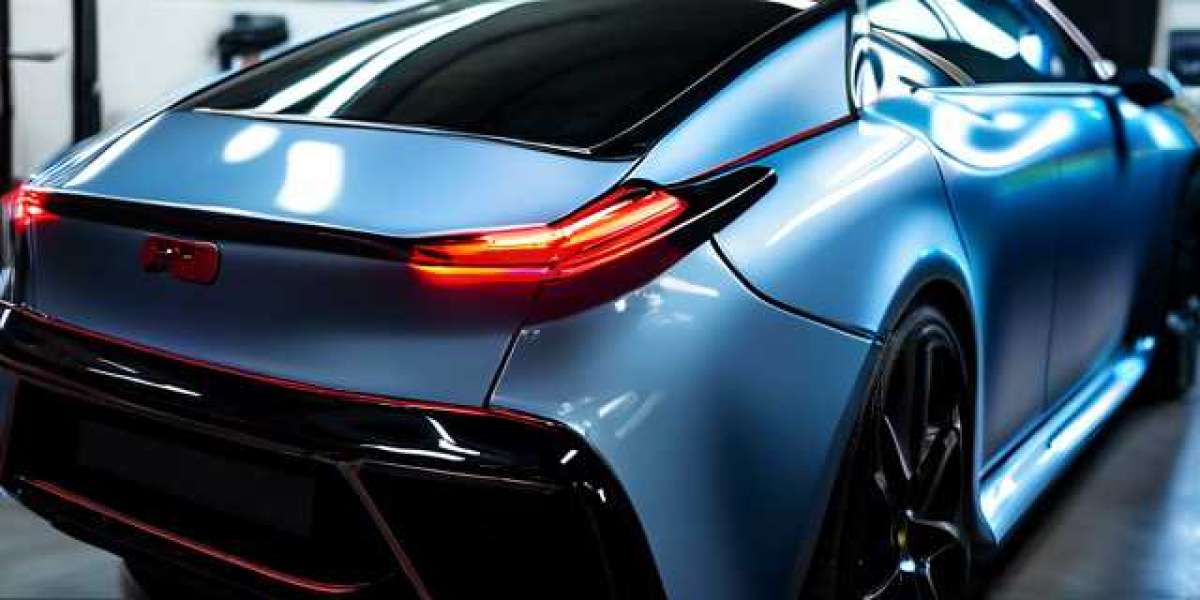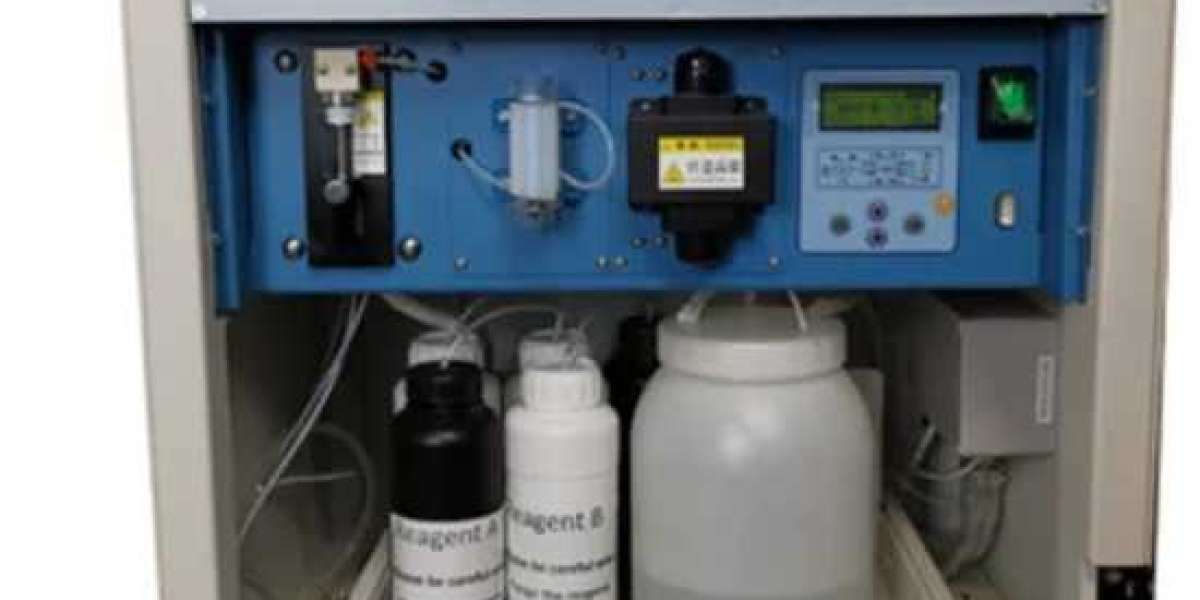Are you looking for the best way to protect your car's paint? Choosing the right method can be tough, especially when comparing Automobile PPF and ceramic coating. PPF often provides a higher level of protection against scratches and damage, making it a smart choice for long-term care.
While ceramic coatings enhance your car’s shine, they don’t offer the same strength against physical impacts. With PPF, you get a durable shield that can handle more wear and tear, especially in high-impact areas.
In this post, you’ll learn the key reasons why PPF might be the better option for your vehicle, helping you make a well-informed decision that keeps your car looking great for years to come.
Understanding the Basics
To make an informed choice about your vehicle's protection, it's essential to know what PPF and ceramic coating are and how they differ. Each option has unique features that can affect your car's appearance and longevity.
What Is Automobile PPF?
Automobile PPF, or Paint Protection Film, is a transparent, durable layer applied to your car’s exterior. It's designed to protect the paint from scratches, chips, and other physical damage.
PPF is typically made from thermoplastic urethane, which is flexible and resistant to impacts.
Key Benefits:
- Durability: Lasts between 5 to 10 years, depending on usage and care.
- Self-Healing: Minor scratches can disappear over time with heat application.
- Clarity: Maintains the original look of your car.
Applying PPF requires precise installation. If applied correctly, it can offer excellent protection while keeping your car looking new.
What Is Ceramic Coating?
Ceramic coating is a liquid polymer applied to the exterior surfaces of your vehicle. It creates a protective layer that bonds with your car’s paint, effectively sealing it.
This coating provides a hydrophobic effect, meaning water beads up and rolls off, which helps reduce dirt and grime build-up.
Key Features:
- Longevity: Can last anywhere from 2 to 7 years with proper maintenance.
- Shine: Enhances the paint’s sheen, making your car look glossy.
- Protection: Offers resistance against UV rays, chemical stains, and minor scratches.
Ceramic coating requires a meticulous application process to maximize its benefits. Proper upkeep is crucial to maintain its protective qualities.
Protection Qualities
When considering automobile protection, understanding the qualities of PPF compared to ceramic coating is essential. Each offers unique benefits that cater to different needs for your vehicle.
PPF Durability
Paint protection film (PPF) is known for its outstanding durability. It is a thick, transparent layer that shields your car's paint from physical damage. With a lifespan of 5 to 10 years, PPF provides long-term defence against rock chips, scratches, and other road debris.
One major advantage of PPF is its ability to self-heal. Minor scratches can disappear with heat, keeping your vehicle looking new. The film also has UV resistance, which helps prevent fading from sun exposure. This makes PPF particularly suitable for those who drive in harsh conditions.
PPF is often recommended for high-impact areas of your car, like the front bumper or hood. By applying PPF to these zones, you can greatly reduce the chances of costly paint repairs.
Ceramic Coating Strength
Ceramic coating provides a different type of protection. While it doesn't have the same thickness as PPF, it still offers substantial benefits. Ceramic coatings form a strong, hydrophobic layer that repels water, dirt, and grime. This makes cleaning your car much easier and helps maintain its shine.
Typically, ceramic coatings last between 2 to 7 years. They protect against environmental factors like UV rays, bird droppings, and tree sap. However, they are less effective against physical damage, as they can scratch more easily than PPF.
Ceramic coating is often favoured for its glossy finish. It enhances your vehicle's appearance while delivering solid protection against many threats. Therefore, if aesthetics and ease of maintenance are your priorities, ceramic coating could be a great option.
Aesthetics and Appearance
When considering paint protection for your vehicle, how it looks matters. Two popular options, Paint Protection Film (PPF) and Ceramic Coating, each offer unique aesthetics that enhance your car's appearance.
Visual Appeal of PPF
Paint Protection Film is nearly invisible when installed correctly. It preserves your car's original paint finish while providing a clear layer of protection. This means you can maintain the car's color and shine without compromise.
If the film is applied well, it will not alter the overall look of your vehicle. Some inexpensive films may have minor color shifts, but high-quality options ensure a consistent appearance. The protection against scratches and chips keeps your car looking newer for longer, which is a great plus for any vehicle owner.
Glossy Finish of Ceramic Coating
Ceramic Coating adds a high-gloss finish to your car. This enhances the depth and clarity of the paint, making it more vibrant. The coating provides a smooth surface that not only looks good but also feels sleek to the touch.
Thanks to its hydrophobic properties, Ceramic Coating makes your car easier to clean. Water and dirt slide off more easily, keeping your vehicle looking fresh. With this type of protection, you get both aesthetics and practicality, as it helps maintain that showroom shine you desire.
Cost Considerations
When choosing between paint protection film (PPF) and ceramic coating, cost plays a vital role. Understanding the investment involved with each option can help you make a more informed decision.
PPF Investment
Installing paint protection film can be more expensive than ceramic coating. For a front-end installation, prices typically range from $1,800 to $2,500. If you opt for full vehicle coverage, costs can climb to $5,000 or more.
Here are key cost factors to keep in mind:
- Material Quality: Higher quality films offer better durability but come at a premium.
- Installation: Professional installation is recommended, which adds to the overall cost.
- Longevity: PPF can last 5 to 10 years, making it a long-term investment in your car’s appearance.
This durability can lead to savings on repairs and maintenance over time.
Ceramic Coating Affordability
Ceramic coatings are generally more budget-friendly. The average cost for application ranges from $1,200 to $2,000, depending on the size of your vehicle.
Consider these elements:
- Lower Upkeep: Once applied, the need for constant washing or waxing decreases, saving you time and money.
- Lasting Protection: While needing reapplication every 2 to 5 years, the affordable initial cost can be appealing.
- Shine and Finish: Ceramic coatings enhance your car's look, making it easier to clean and maintain.
This affordability and ease of maintenance can make ceramic coatings an attractive option for many car owners.
Read more article in Energy Power World.








